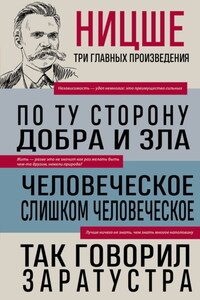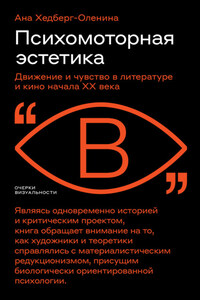Also published in
Oxford Handbooks for Language Teachers
ESOL: A Critical Guide
Melanie Cooke and James Simpson
The Oxford ESOL Handbook
Philida Schellekens
Teaching American English Pronunciation
Peter Avery and Susan Ehrlich
Success in English Teaching
Paul Davies and Eric Pearse
Doing Second Language Research
James Dean Brown and Theodore S. Rodgers
From Experience to Knowledge
Julian Edge and Sue Garton
Teaching Business English
Mark Ellis and Christine Johnson
Intercultural Business Communication
Robert Gibson
Teaching and Learning in the Language Classroom
Tricia Hedge
Teaching Second Language Reading
Thorn Hudson
Teaching English Overseas: An Introduction
Sandra Lee McKay
Teaching English as an International Language
Sandra Lee McKay
How Languages are Learned (3rd edition)
Patsy M. Lightbown and Nina Spada
Teaching Second Language Listening
Tony Lynch
Communication in the Language Classroom
Tony Lynch
Teaching Young Language Learners
Annamaria Pinter
Exploring Learner Language
Elaine Tarone and Bonnie Swierzbin
Doing Task-based Teaching
Jane Willis and Dave Willis
Explaining English Grammar
George Yule
Great Clarendon Street, Oxford OX2 6DP
Oxford University Press is a department of the University of Oxford. It furthers the University’s objective of excellence in research, scholarship, and education by publishing worldwide in
Oxford New York
Auckland Cape Town Dar es Salaam Hong Kong Karachi
Kuala Lumpur Madrid Melbourne Mexico City Nairobi
New Delhi Shanghai Taipei Toronto
With offices in
Argentina Austria Brazil Chile Czech Republic France Greece Guatemala Hungary Italy Japan Poland Portugal Singapore South Korea Switzerland Thailand Turkey Ukraine Vietnam
OXFORD and OXFORD ENGLISH are registered trade marks of
Oxford University Press in the UK and in certain other countries
© Oxford University Press 2000
The moral rights of the author have been asserted
Database right Oxford University Press (maker)
First published 2000
2014 2013 2012 2011
15 14 13 12 11
No unauthorized photocopying
All rights reserved. No part of this publication may be reproduced, stored in a retrieval system, or transmitted, in any form or by any means, without the prior permission in writing of Oxford University Press, or as expressly permitted by law, or under terms agreed with the appropriate reprographics rights organization. Enquiries concerning reproduction outside the scope of the above should be sent to the ELT Rights Department, Oxford University Press, at the address above
You must not circulate this book in any other binding or cover and you must impose this same condition on any acquirer
Any websites referred to in this publication are in the public domain and their addresses are provided by Oxford University Press for information only. Oxford University Press disclaims any responsibility for the content
ISBN: 978 0 19 4421713
Printed in China
This book is printed on paper from certified and well-managed sources.
ACKNOWLEDGEMENTS
Illustrations by: Bob Dewar and Oxford University Press, Technical Graphics Department, © Oxford University Press
Who is Success in English Teaching for?
This handbook is for anyone who is teaching or planning to teach English as a foreign language anywhere in the world. But it is especially for those who:
– are non-native speakers of English
– have little or no formal training as English teachers, or were trained some time ago
– are teaching in the students’ own country, not an English-speaking country.
Most of these people will be teaching, or preparing to teach, English in an institution of general education – a school, college, or university. Success in English Teaching focuses especially on teaching at secondary-school level and above.
The book is also for teacher-trainers running both pre-service and in-service courses.
What does the book contain?
The twelve chapters which form the main body of the book cover every major aspect of teaching English. Chapters 1 to 7 focus on actual classroom teaching. They establish essential theoretical principles, and present a wide and coherent range of practical teaching ideas which are designed to be effective and acceptable in the working contexts of most teachers. Chapters 8 to 12 consider other aspects of teaching English: planning and management, materials and aids, evaluation and testing, and professional development, including a survey of past and current approaches. There are tasks and questions for discussion at appropriate points in the chapters. At the end of each chapter there is a summary of its contents and a project.
The book also contains a glossary, a list of sources and suggestions for further reading, and an index.
How can you make use of Success in English Teaching?
Like most books of its kind, Success in English Teaching can be used in several different ways. The main alternatives are to use it as:
– a complete course in English teaching
– a reference book.
The sequence of chapters is designed especially for people who wish to use the book as a complete course, working through it from beginning to end. The glossary can help with the understanding of new terms and concepts, and the projects at the end of each chapter can be made an integral part of the course. After completing the course, trainee teachers may wish to continue their development by selecting other books from the Sources and Further Reading section.








